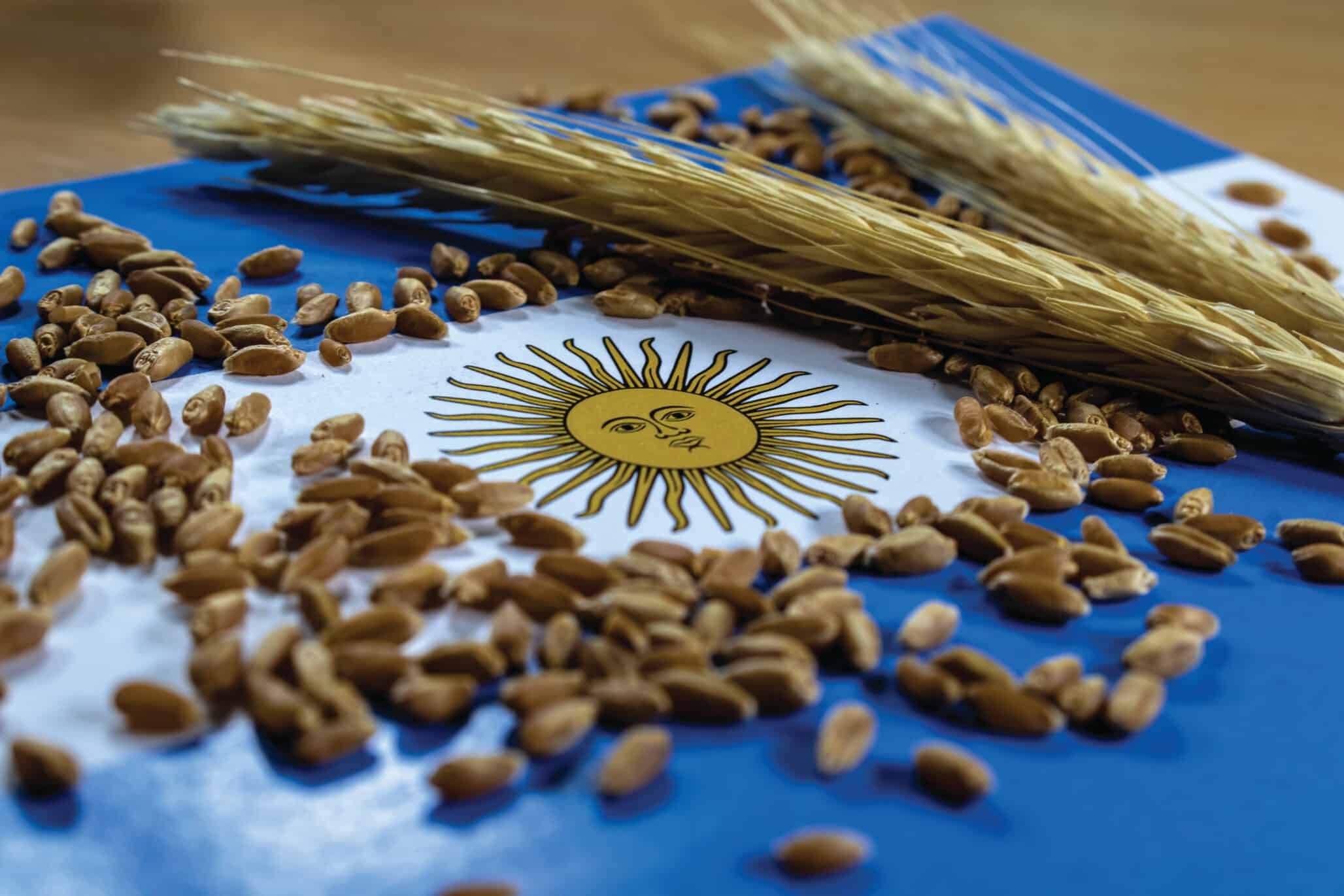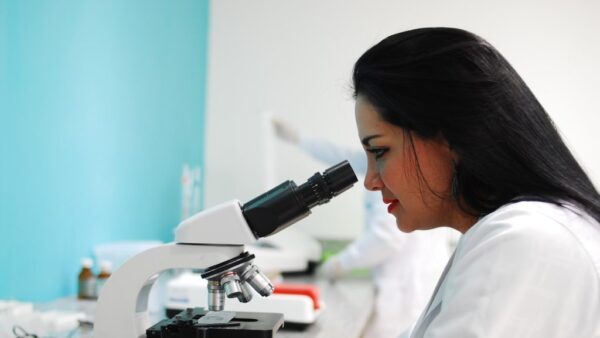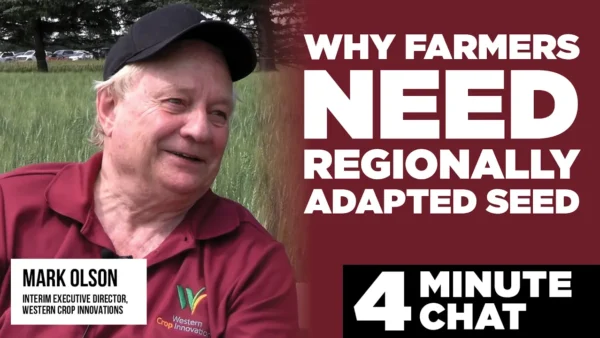New enhanced plant varieties have undoubtedly played a significant role regarding food security worldwide. A lot has been achieved. However, we are living in the time of climate change and the need to breed adopted seed varieties was never higher than today if we’re going to maintain the current level of food security and have any chance of improving it.
To guarantee the continuous further development of varieties, it is necessary that the access to breeding material needs to be as free as possible. Breeding material has a wide range from wild relatives of crops up to commercial seed varieties, of which some are protected by intellectual property (IP) tools. In order not to make the access to breeding material more complicated than necessary, most of the Plant Variety Protection (PVP) laws allow free access to IP-protected commercial seed varieties for further breeding — the so-called ‘breeders exemption’.
However, with the establishment of the Convention of Biological Diversity (CBD) in 1993, the access to certain germplasm requires negotiation with single governments and the signing of contracts (with PIC = prior informed consent and MAT = mutual agreed terms) before accessing the material. This without question complicates the access to breeding material for any plant breeder coming from the public or the private sector, compared to a situation where all plant material could be accessed without any obligations.
The International Treaty with its multilateral system and with its standard Material Transfer Agreement (sMTA) has been considered a facilitated way of accessing breeding material without ignoring the access and benefit principle. This should make a significant contribution to ensure the rapid further breeding of enhanced seed varieties.
This was the starting point for negotiation over the last six years when high hopes were put forward leading up to the eighth meeting of the Governing Body of the ITPGRFA to enhance the functioning of the multilateral system and to revise the current sMTA substantially. Held in November 2019, the most important aim to be achieved was the extension of the ITPGRFA to all breeding material for all crops.
Only one access & benefit sharing system should be relevant for the overall plant breeding sector, it was said. No long negotiation on contract conditions should be taking place when accessing breeding material, was the hoped-for outcome. It was all a nice dream.
The dream has not come true and the aim has not been reached. Even worse, it looks like it will remain unreachable for the foreseeable future.
Despite the three meetings of the ad hoc open-ended working group to enhance the functioning of the multilateral system in 2018 and 2019, where a lot of detailed questions on the current sMTA were discussed, no consensus could be reached among the parties on mainly two important aspects: the payment rates and the inclusion of digital sequence information in the scope of the ITPGRFA.
Several different options have been put forward to the GB with the hope to still find a compromise. Sadly, it doesn’t seem possible. In the report of the eighth GB meeting, the discussions and efforts were summarised in one sentence: “The Governing Body could not, at this Session, reach consensus on measures to enhance the functioning of the Multilateral System.”
Good advice is important now as we move forward.
An increasing number of countries are ratifying laws following the Nagoya Protocol and implementing more strict enforcement of access laws on a national level. Add to this the implementation of compliance measures at the point of commercialization of new seed varieties, and the breeding of new varieties has become very complicated.
Currently, breeding material can be regulated under the ITPGRFA, as well as under contracts following the Nagoya Protocol. The progeny of the crosses can be encumbered by both, and the Nagoya Protocol contracts can pile up for just one variety. As a result, benefit sharing requirements will increase and the sum that needs to be paid as benefit sharing is likely to eat up any profit margin, not to mention the administration efforts that are becoming more complex. In truly global breeding areas like the vegetable sector, this will create significant challenges in the future.
The breeding sector will need a multilateral system like the ITPGRFA, which includes all plant breeding material globally, if plant breeding is to remain attractive. However, with the current standstill, a lot of further discussion will be necessary to find a way forward.
These are challenging times. Governments need to take up the discussions again. A lot of problems need to be addressed, solved and turned into practical solutions. Compromises will be necessary on all sides.
In the words of Captain Jean-Luc Picard: “Engage!”













